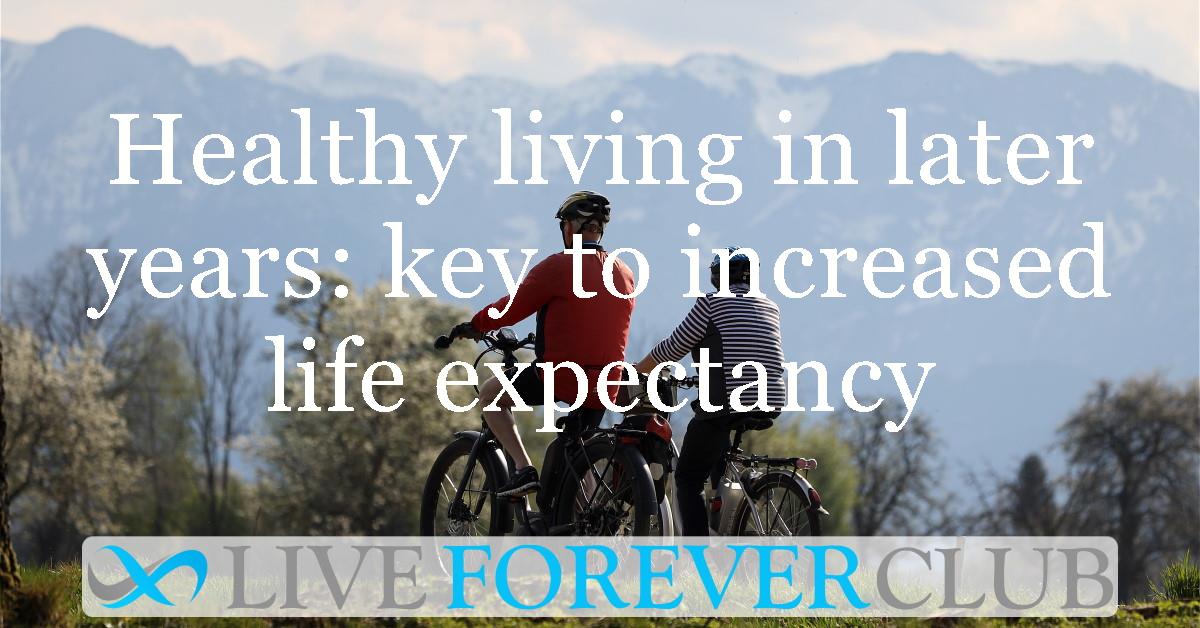The human lifespan is influenced by a complex interplay of lifestyle and genetic factors. While the role of lifestyle and longevity genes in human lifespan is well-established, the association between a healthy lifestyle in late-life and life expectancy mediated by genetic risk is yet to be fully understood.
A recent study aimed to investigate the associations of a healthy lifestyle in late-life and genetic risk with life expectancy among older adults.
Study Details
The study, conducted by Jun Wang, PhD, and colleagues, was based on data from the Chinese Longitudinal Healthy Longevity Survey, a prospective community-based cohort study that took place between 1998 and 2018.
The researchers constructed a weighted healthy lifestyle score from variables such as current non-smoking, non-harmful alcohol consumption, regular physical activity, and a healthy diet. A genetic risk score was also constructed based on 11 lifespan loci among 9633 participants.
Between 1998 and 2018, 36,164 adults aged 65 years and older were recruited, among whom a total of 27,462 deaths were documented during a median follow-up of 3.12 years. Compared with the unhealthy lifestyle category, participants in the healthy lifestyle group had a lower all-cause mortality risk (hazard ratio [HR] 0.56 [95% CI 0.54–0.57]; p<0.0001).
The highest mortality risk was observed in individuals in the high genetic risk and unhealthy lifestyle group (HR 1.80 [95% CI 1.63–1.98]; p<0.0001). A healthy lifestyle was associated with a gain of 3.84 years (95% CI 3.05–4.64) at the age of 65 years in the low genetic risk group, and 4.35 years (3.70–5.06) in the high genetic risk group.
In conclusion,
The study findings highlight the importance of a healthy lifestyle in extending the lifespan, especially for individuals with high genetic risk. A healthy lifestyle, even in late-life, was associated with lower mortality risk and longer life expectancy among Chinese older adults. This underscores the need for promoting healthy lifestyle habits among older adults, regardless of their genetic predisposition.
The study also adds to the growing body of evidence suggesting that lifestyle modifications can have a significant impact on lifespan, even in the presence of high genetic risk. This is particularly relevant in the context of an ageing global population and the increasing prevalence of chronic diseases.
The study was carried out at National Institute of Environmental Health and published in the journal The Lancet.






